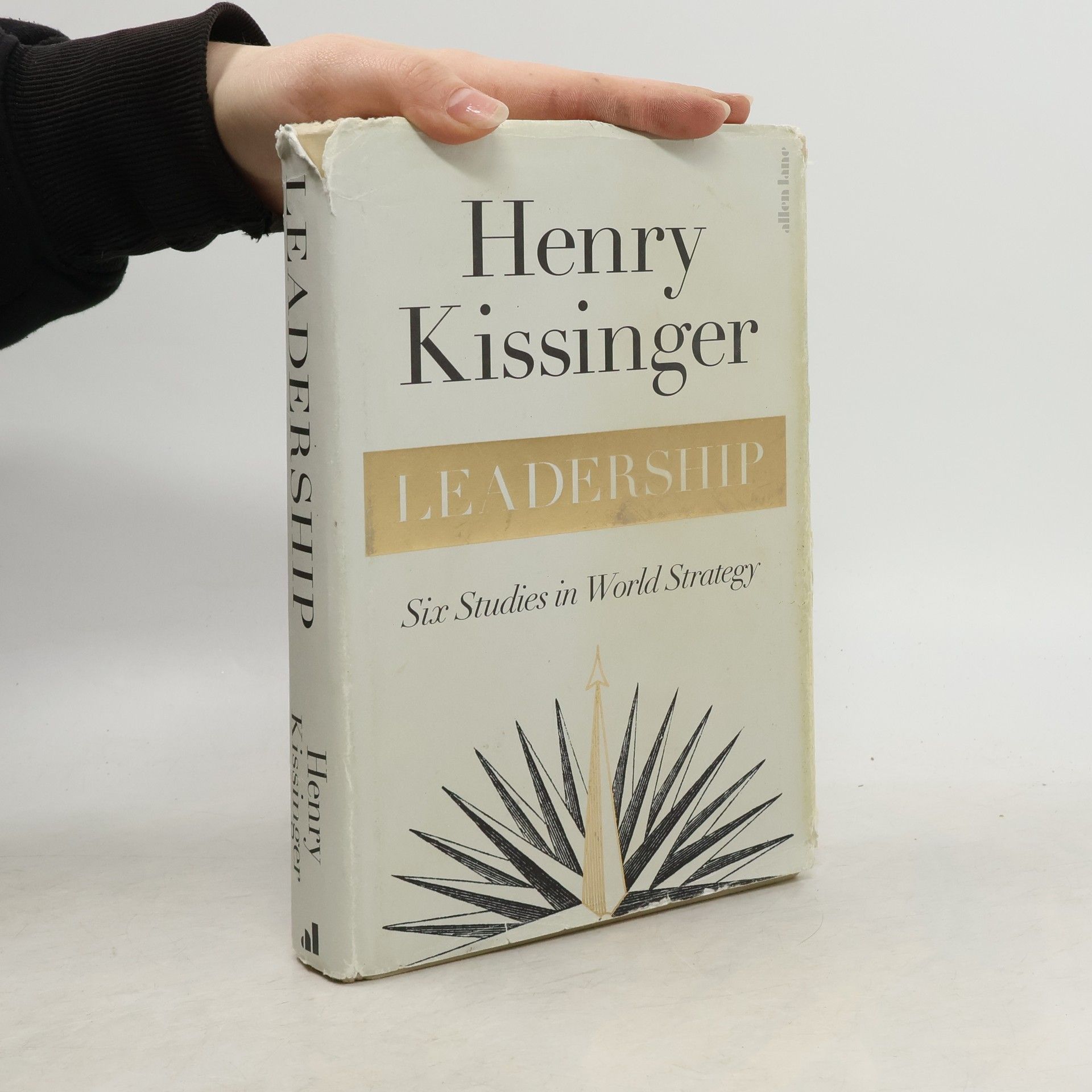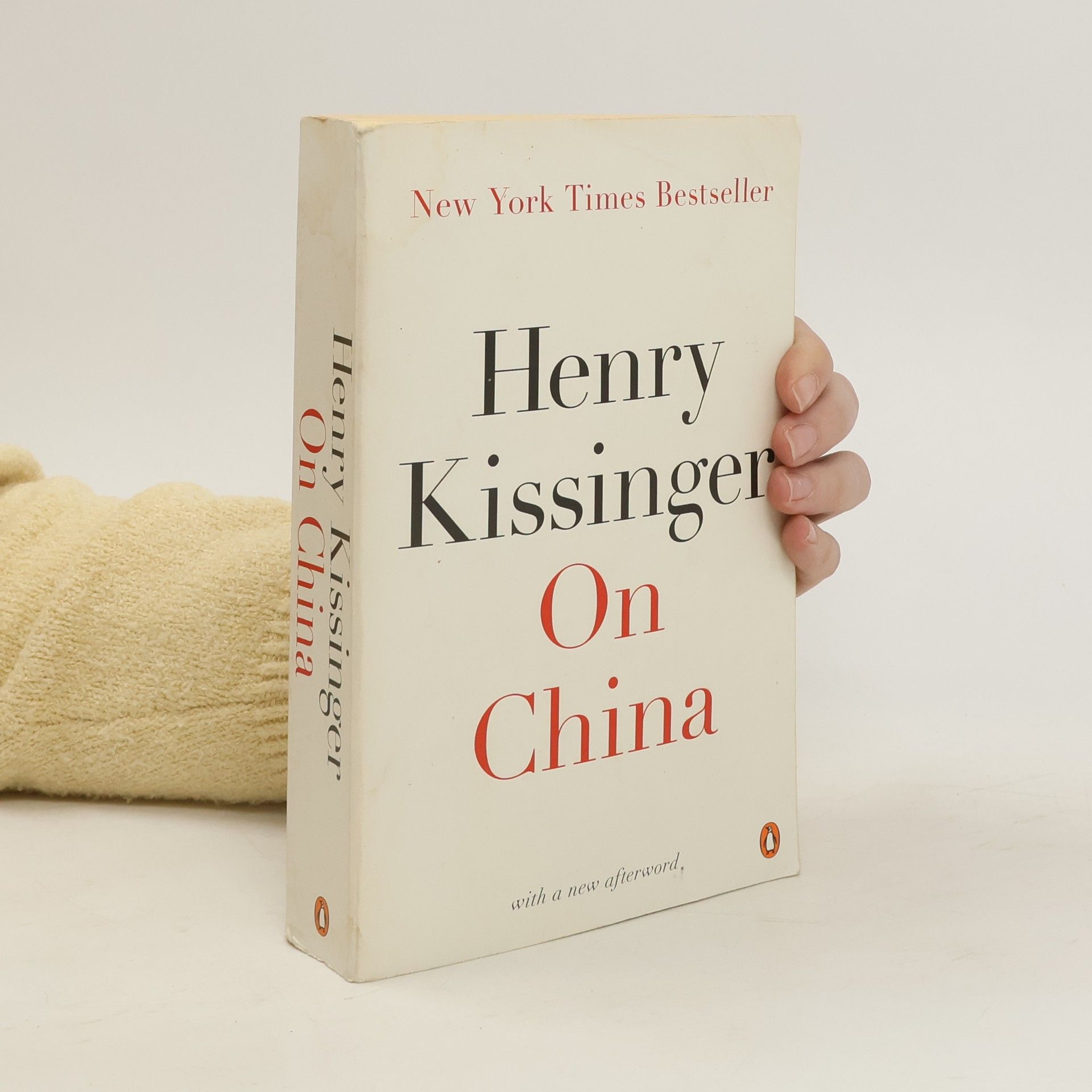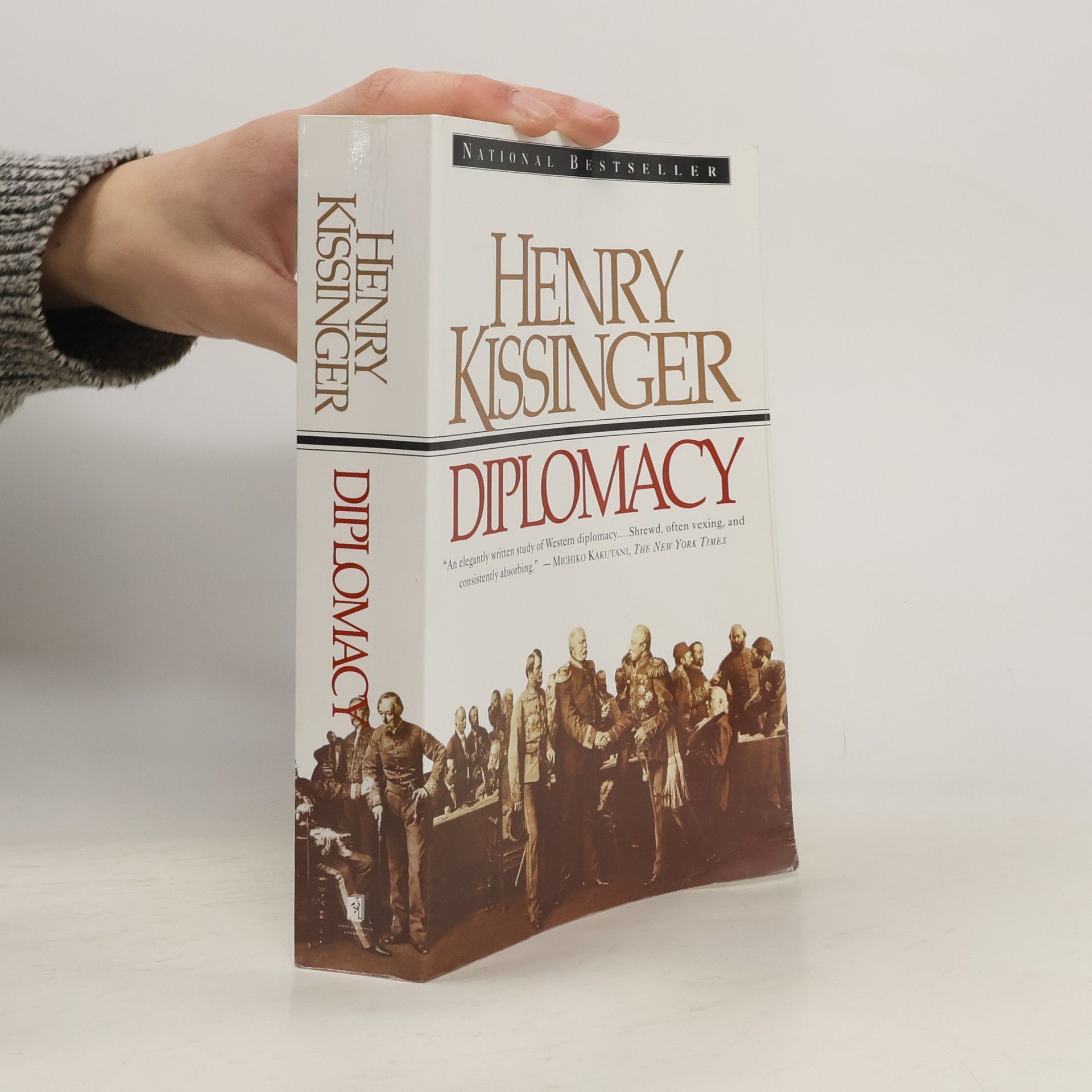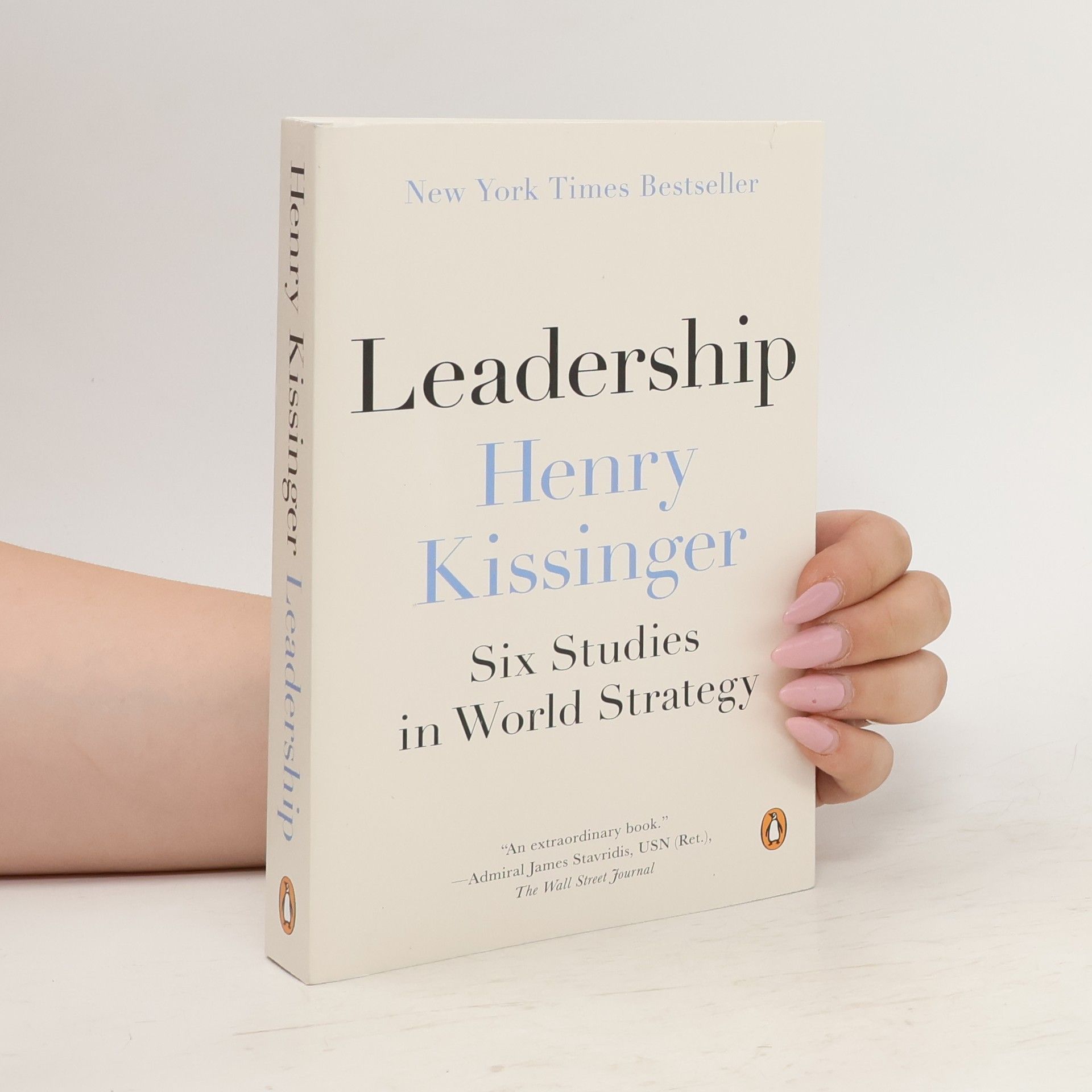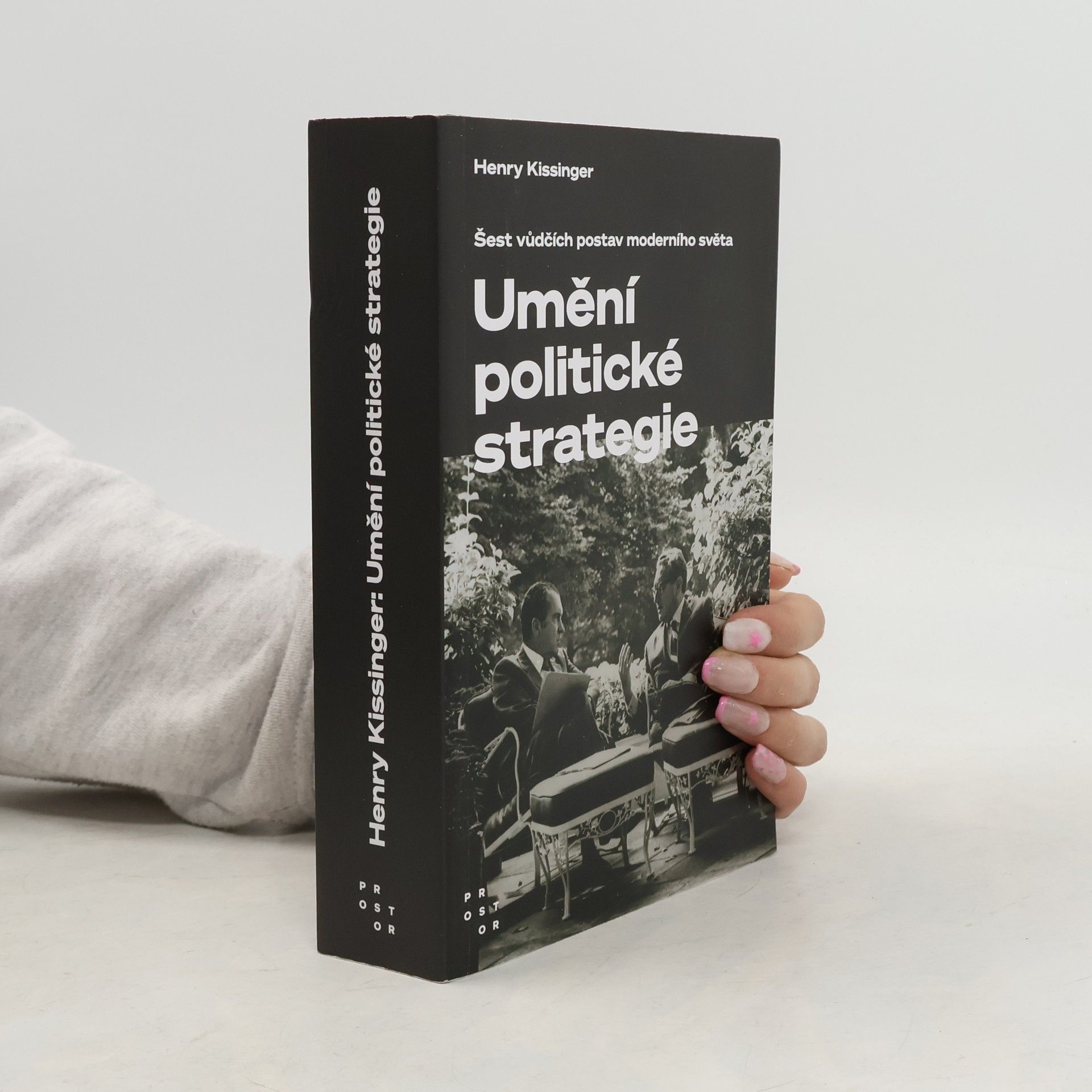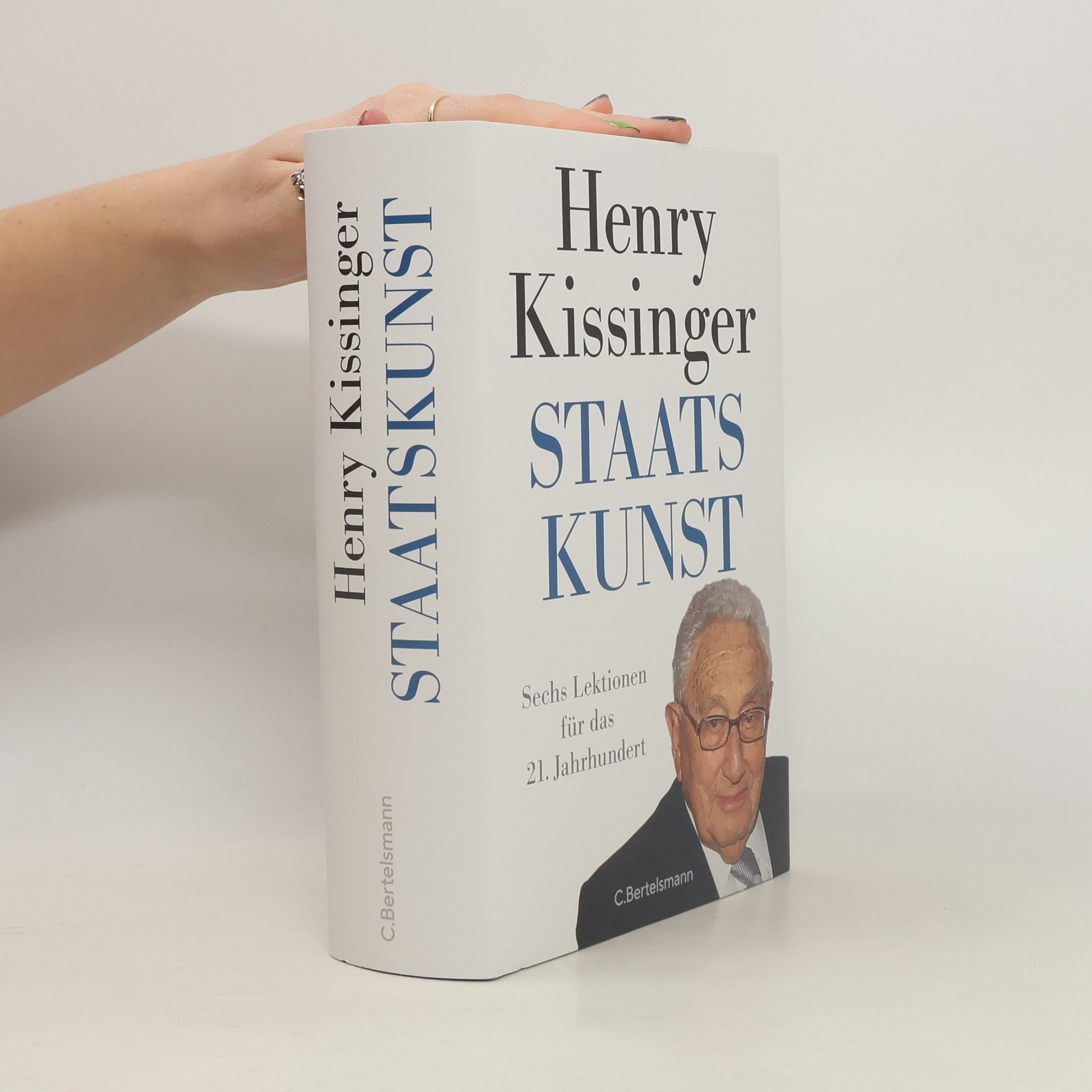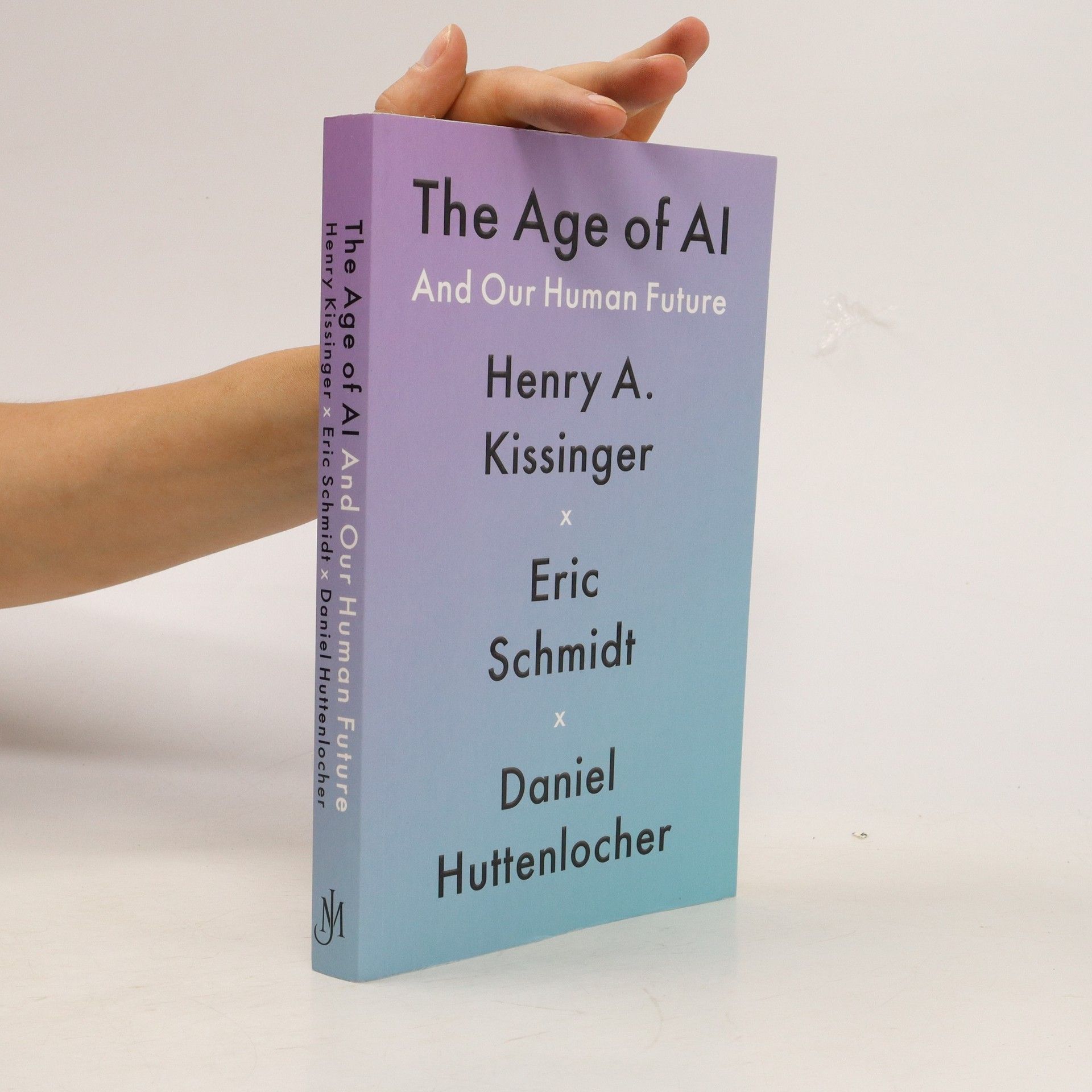Genesis: Artificial Intelligence, Hope, and the Human Spirit
- 288 pages
- 11 hours of reading
THE FOLLOW UP TO THE INTERNATIONAL BESTSELLER THE AGE OF AI In his final book, the late Henry Kissinger joins forces with two leading technologists to mount a profound exploration of the epochal challenges and opportunities presented by the revolution in Artificial Intelligence. As it absorbs data, gains agency, and intermediates between humans and reality, AI (Artificial Intelligence) will help us to address enormous crises, from climate change to geopolitical conflicts to income inequality. It might well solve some of the greatest mysteries of our universe and elevate the human spirit to unimaginable heights. But it will also pose challenges on a scale and of an intensity that we have never seen - usurping our power of independent judgment and action, testing our relationship with the divine, and perhaps even spurring a new phase in human evolution. The last book of elder statesman Henry Kissinger, written with technologists Craig Mundie and Eric Schmidt, Genesis charts a course between blind faith and unjustified fear as it outlines an effective strategy for navigating the age of AI.

